“Plan Bs don’t apply”: Three perspectives on responding to the pandemic
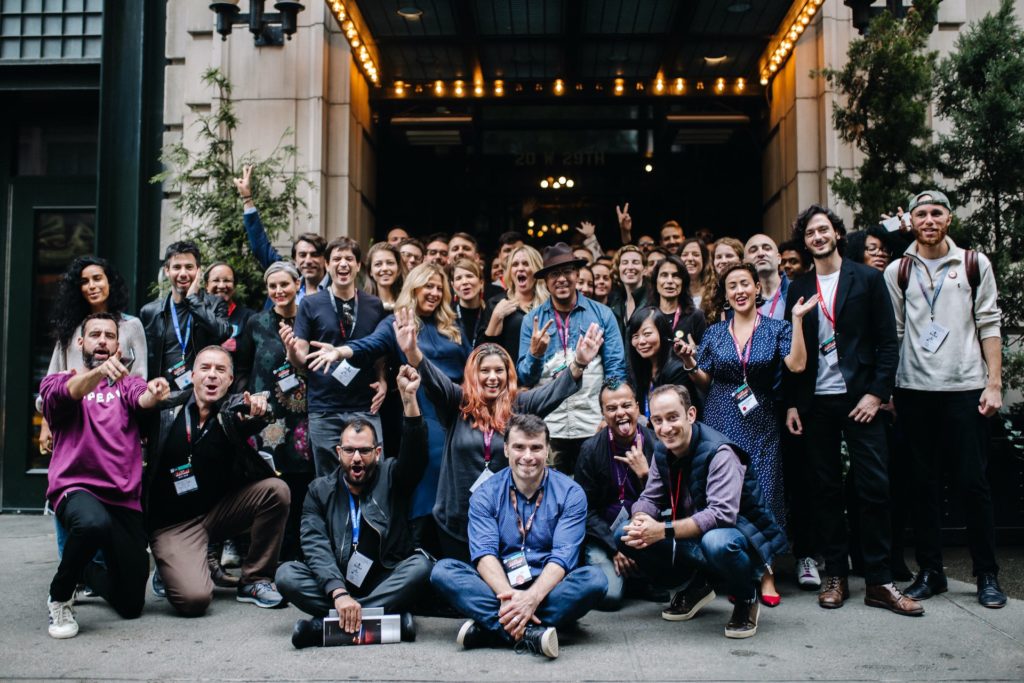
New York City Night Mayor Ariel Palitz, Berlin Clubcommission’s Lutz Leichsenring and Sydney’s Electronic Music Conference Director Jane Slingo reflect on the past week, and share their initial response tactics to the coronavirus fallout.
“It is quite amazing to see everyone having the same conversation,” says Ariel Palitz, Senior Executive Director of New York City’s Office of Nightlife, about the response from nightlife advocates across the globe to COVID-19. “I have no doubt that we should and we will be learning from each other right now.”
Like the rest of the world, Palitz and her team is in crisis-response mode, which at the moment means constant contact with all corners of the NYC nightlife industry to gauge what its workers are most worried about, and what assistance they need urgently.
“We are reaching out and getting reached out to by everyone,” says Palitz: “owners, workers, freelancers, artists, security guards, bartenders, servers, DJs and promoters. This experience has been an unfortunate equaliser, in that everyone has been brought down to the same position of not knowing how they are going to survive.”
“Nobody feels like they have a safety net in place; Plan Bs and Plan Cs really don’t apply.”
The situation may not yet be life or death for these people when compared with the scenes currently unfolding in emergency departments around the world, but it is life or death for the industry. When a workforce as titanic as nightlife in the city that never sleeps goes under, there are suddenly millions of people adrift and in danger, wondering not simply if they will have a business or a career to return to when this nightmare is over, but if they will have a roof over their head and a meal to eat next week. The first priority for NYC’s nightlife office is to communicate to the decision makers in government exactly what is required to ensure the entire nightlife community gets what it needs.
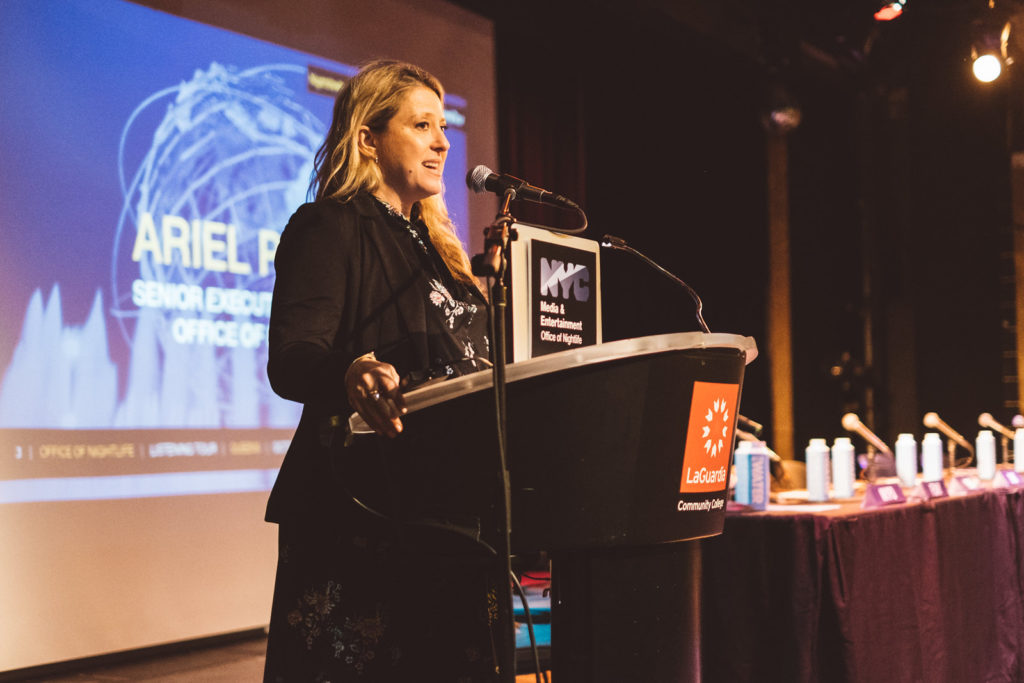
Not all global nightlife communities are fortunate enough to have a dedicated Night Mayor like Palitz, but in Sydney, industry representatives like Electronic Music Conference Director Jane Slingo (also founder of Global Cities After Dark) are volunteering around the clock as part of a newly-formed Australian music industry coalition, to make sure someone is fighting for these communities down under.
“There’s an Australian music industry-wide coalition led by the Australian Music Industry Network’s Emily Collins and the Australian Festivals Association’s Julia Robinson, Slingo explains. “Those two women kicked off this unity, and they deserve a freaking medal. The task-force now includes fifty organisations, ranging from all the peak bodies, to all the state music bodies, to big touring companies, Live Nation, Spotify, Apple, EMC – the list goes on.”
Like Ariel Paltiz, Slingo’s first priority is to gather information to identify who is currently the most at risk within her sector – the electronic music community – then lobby the government on their behalf for immediate financial assistance. Last week she, and many other representatives from the Aus music industry, joined a conference call with Australia’s Minister for Communications, Cyber Safety and the Arts, Paul Fletcher, to that end.
“I echoed calls from the whole group that we need urgent financial relief that is going to reach the contractors, the casually employed, the sole traders – people who don’t know where food is going to come from next week.” [At the time of this call, the Australian federal government’s first stimulus package had no allowance for casual workers and sole traders. Thanks to the music coalition’s efforts a second package was announced over the weekend which does go further to address these needs.] “But more specific to the electronic sector I wanted to highlight the way I see the priority groups at the moment.”
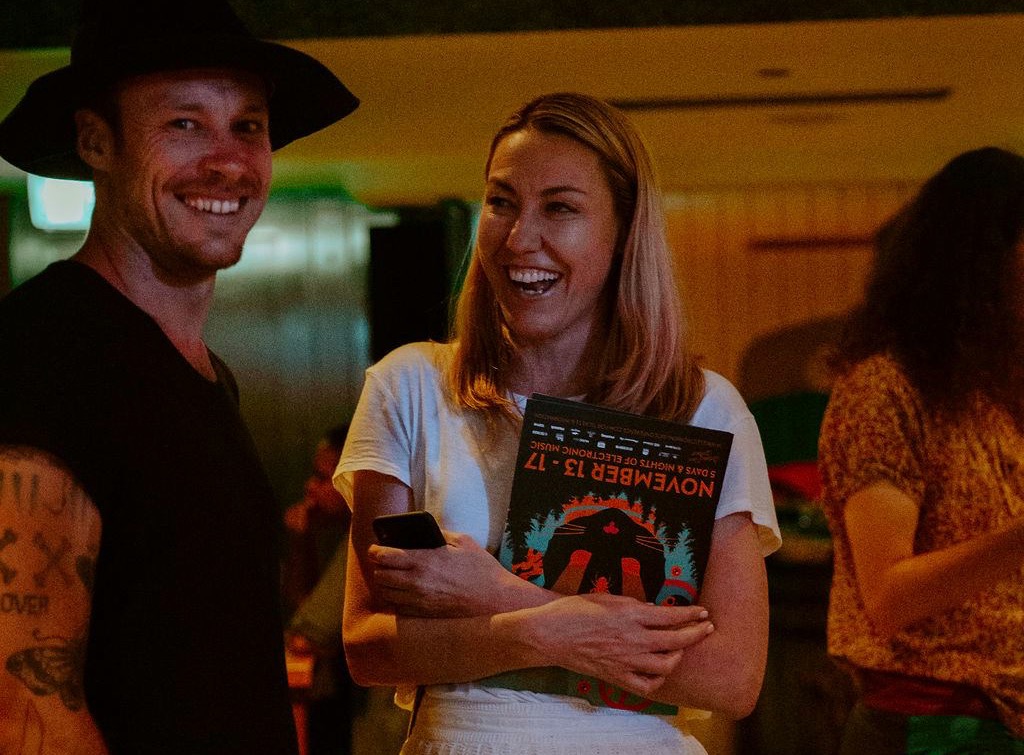
Slingo has identified the following, in no particular order, as the most vulnerable groups:
i) Australia’s working DJs, of which approximately half do not have supplementary income, living exclusively gig to gig.
ii) Small-to-medium sized promoters and club owners, who not only have fewer resources to survive, but also face untenable competition from their heavyweight counterparts once restrictions are lifted. “They are such an important part of the ecosystem as the breeding ground for artists who go on to major festivals”.
iii) Electronic music’s LGBTQIA community, which is of course particularly prevalent in the dance music space. “Lets face it, the electronic scene would not be the electronic scene without our beautiful queer family – which was already a marginalised and vulnerable group.”
With many in the Australian music industry currently applying for roles at supermarkets, which are urgently advertising for casual staff to meet unprecedented demand, in the LGBTQIA space there are barriers to work like this. “Barriers in terms of discrimination,” Slingo explains. “For example, is it so easy for a trans person to get a job packing shelves in a supermarket?”
A crucial element to the response has been urgently surveying the impact. Australia’s music coalition was on the front foot in this regard, swiftly launching ILostMyGig, an ongoing online survey of the financial losses incurred since the COVID-19 restriction on gatherings began to take effect.
“It’s proving to be an amazing tool to capture data almost in real time, and to give daily updates on how the economic impact is escalating,” says Slingo. “It’s especially important that one survey has the central point of data. Even if it’s not perfect in capturing every single detail, it is the best data we’ve got right now and it’s the fastest. In times like this it’s about speed, not perfection.
“We need to point everyone towards this survey, because the data is informing governments, industry stakeholders, and major corporations that might be in a position to offer relief.”
NYC has since set up an equivalent survey, instantly appreciating its value. “We all know there’s an emotional loss,” Palitz acknowledges, “but in order to inform City Hall and the government we need to make sure we’re painting as clear a picture as possible so that the numbers for the relief they are considering are accurate.” Other cities in the US, such as Los Angeles, have quickly followed suit.
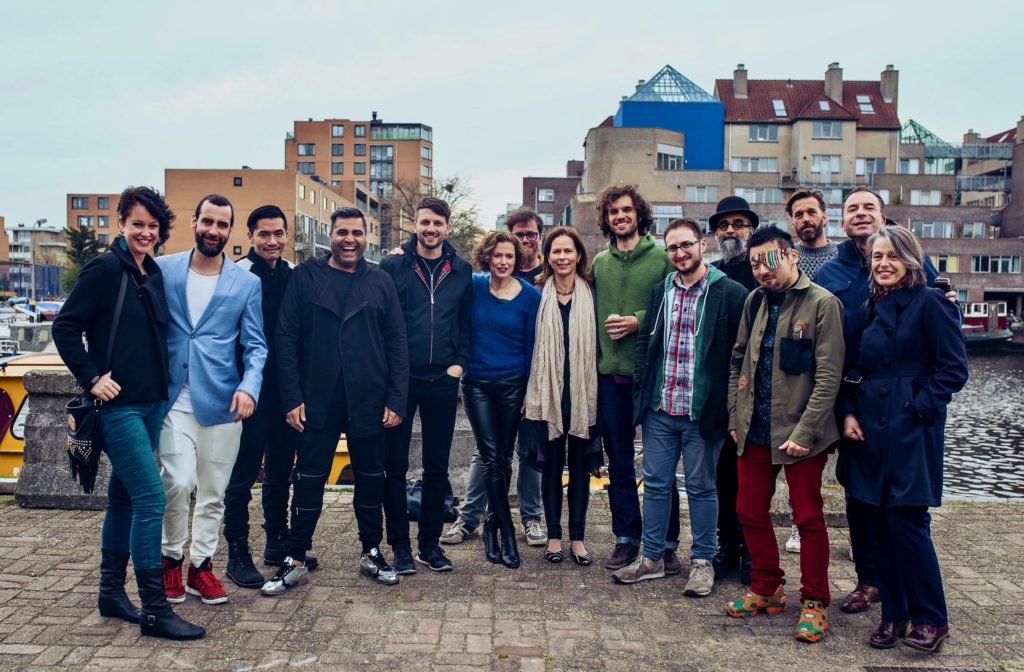
The speed of this idea exchange was the direct result of a global nightlife advocate COVID-19 response Whatsapp group set up by VibeLab’s Mirik Milan – Amsterdam’s former Night Mayor, and Vibelab’s Lutz Leichsenring – spokesperson for Berlin’s democratic collective, known as Clubcommission. This group, and others like it, is facilitating an instant information exchange between nightlife advocates all over the world, including representatives from Sao Paulo, Brazil to Vilnius, Lithuania, and around fifty cities in between. Whatsapp groups connecting nightlife influencers proved their value in emotional support instantly; within a week, they have also proven their value practically.
In a city like Berlin, these connections were already in place, partly explaining how the Berlin club community mobilised itself to launch club streaming platform United We Stream within a few days of venue closures. Berlin Clubcommission’s Lutz Leichsenring describes the mobilisation…
“We reached out, and began working on the same day as the closures. I think it’s rooted in the network we had already built up. Everybody [in the Berlin clubbing community] is very supportive of each other; there was already solidarity.”
United We Stream launched on the 18th of March, broadcasting live streams several evenings a week from the DJ booths of Berlin’s famous, and now empty, nightlife venues, including Watergate, Griessmuehle and Katerblau, with artists already on board like Monika Kruse, Roman Flugel and Ellen Allien. In its first twenty-four hours, United We Stream registered over one million viewers, raising one hundred thousands euros, to be distributed back into the industry via an independent jury.
“I think we can show that in these difficult times we need solidarity,” says Leichsenring. “We are a good example in Berlin, a role model for bringing people together whilst they are still divided physically.”

Leichsenring has already launched online tutorials with other nightlife advocates around the world to share tips to successfully launching and monetising club streams, to provide an initial boost of cash to suffering industry. Of course, then next question is, how to sustain the model?
“To sustain the stream I think is very similar to how you run a club. You have to have a good line-up, and a high quality in production, that’s the main issue. In the later stage we’ll go into club related content such as awareness, door policies, gender, equality – all the topics which are connected to the social part of clubbing.” This way, United We Stream will not just provide DJ sets, but aims to keep the entirety of club culture talked about and alive in people’s minds as they self-isolate. This cultural value will be incredibly important in the coming months as the industry weathers this storm, and eventually bounces back. But of course right now, Leichsenring, Slingo and Palitz all know it is financial support that is most important.
“We cannot help ourselves in total,” Leichsenring acknowledges. “We need support from the government to survive. But we want to demonstrate with the stream and fundraising that we can also, especially in emergencies, help ourselves. This is not going to work forever, but it’s a good beginning.”
Stimulus and relief packages are rolling out across the world as governments respond to the voices of each industry. At time of writing, Berlin, Sydney and New York all have initial relief packages announced which can benefit some parts of the industry, but none so far that is nightlife industry specific. Leichsenring, Slingo and Palitz are all working to communicate to the decision makers that the financial needs of nightlife businesses are different to most other industries.
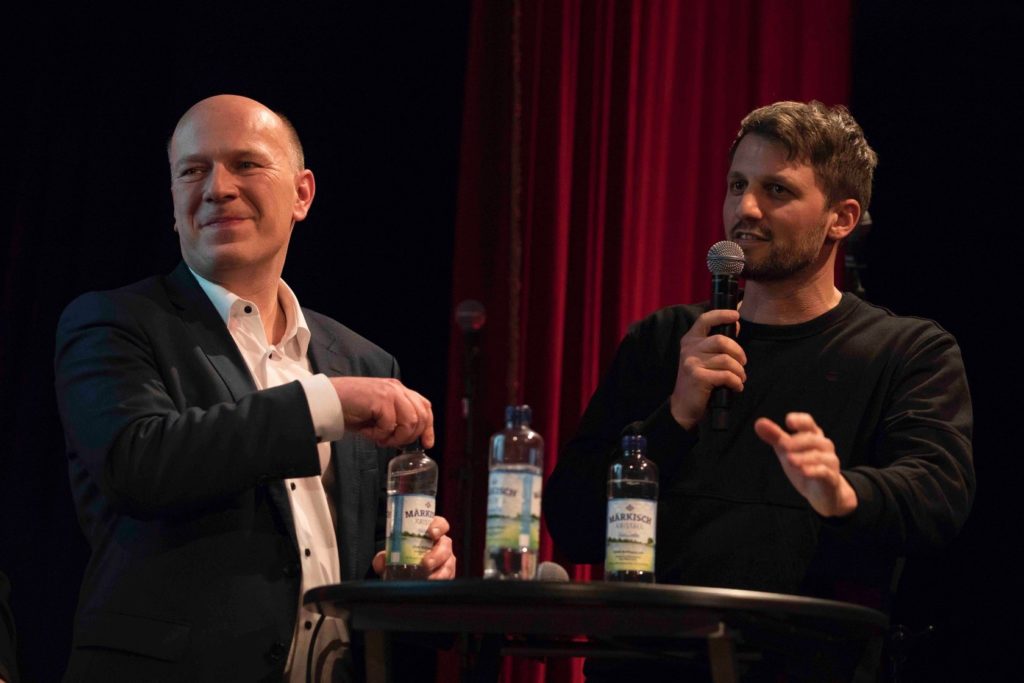
“We have to be aware that running clubs is not how other businesses are run,” Leichsenring explains. “We have special needs, for example we cannot really work with loans. Sometimes a contract of a club is limited to a few years. Since the venue’s business model is rarely built up with a long term perspective, loans are not helping us right now. It is about compensation, especially in the cost for labour. In Berlin the club employees total about 9000 – these are the numbers we have to deal with to get over this crisis. And of course there are people who are not fully employed, who can fall through all the safety measures. They are in a precarious situation, and it’s our responsibility to help.”
In Sydney, the Australian banking association has announced delaying repayments on small business loans for six months. But Slingo echoes Leichsenring’s perspective on this, admitting, “I don’t know that many venues, in the climate we’ve already experienced in Sydney, that have thought to take on loans to get further into debt.”
The ‘climate’ she’s referring to is certainly a dire one. Over the last few years, Sydney’s music and events scene has been severely embattled, fighting its way through five years of draconian Lockout Laws for city venues, a year of turbulence in parliament regarding festival legislation, a season of hugely escalated festival regulation and safety fees, and most recently, multiple festival cancellations due to bushfires, followed by the industry donating its time for free to stage fundraisers for bushfire-affected communities. “I guess we’ve had lots of rehearsals for this!” Slingo concedes. “Rehearsal in coordinating and mobilising, and showing unity. It’s a pretty proud moment to know there are fifty organisations all on board, all working their arses off right now, having organised effectively and quickly.”
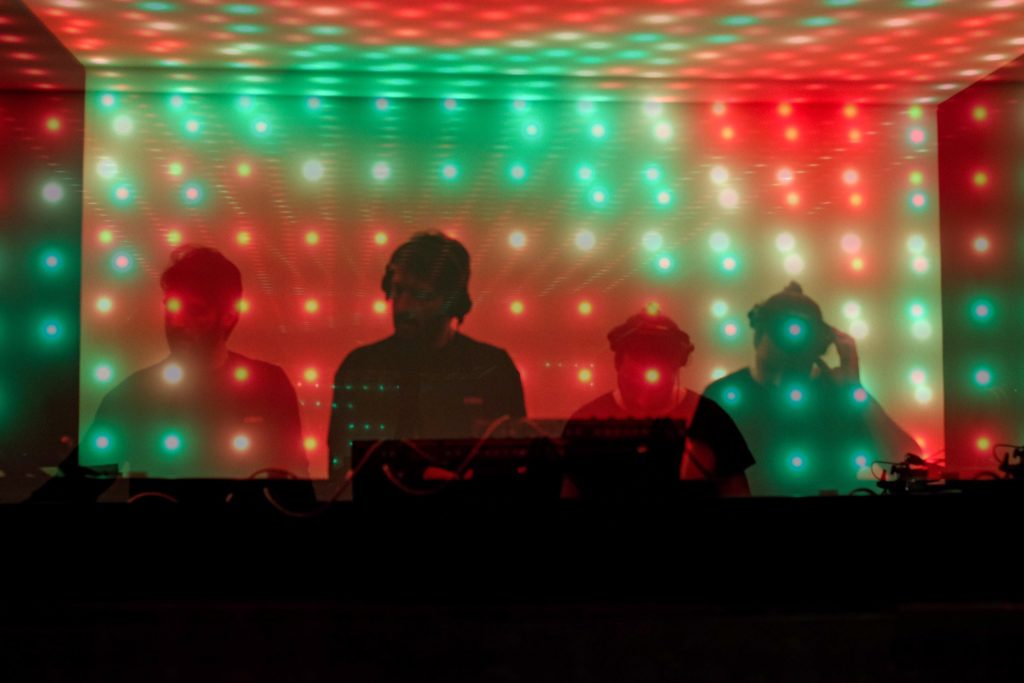
Sydney nightlife’s recent trials make it undeniably vulnerable, but not unique. Cases like this abound in nightlife scenes across the world. To a large extent, the industry has always been under fire. Wherever they reside, nightlife stakeholders and workers are well practiced at collaborating and improvising to fight for their own survival.
“I think nightlife people are natural organisers,” says Palitz. “There’s really no better community than the nightlife community to come together and to make sure that it is getting what it needs from within. As a former bar owner and nightclub owner myself, and a native New Yorker, I really do know on a personal level how much the nightlife community is bonded together like a family. They are so creative and capable; truly nightlife warriors. The nightlife warriors will unite to make sure that however long this storm endures, there will be shelter, and creativity will continue.”
Each community has its unique set of needs and priorities, but if there’s any main takeaway here, it’s that the nightlife family is and must be a global one. “I’ve certainly put blood, sweat and tears into Global Cities After Dark,” says Slingo, “and this was the whole mission of it – the importance of a global network to face challenges. It was all about that constant exchange of knowledge so that struggling cities could take a leaf out of another city’s book, and that is happening in real time, right now.”
Berlin’s streaming success or Australia’s survey initiative are just two early examples of global collaboration unfolding; Resident Advisor’s Save Our Scene initiative is proving another strong early starter. There will be many more.
“This really is a global situation; we are all in it together,” concludes Ariel Palitz.
Physically, members of nightlife communities are isolated from each other with a severity never experienced, nor likely to be repeated. Within two weeks, we have also become more connected and united on a global scale than we have ever been before.
Our Features section publishes exclusive original content created by nighttime.org associates, going deeper into global COVID-19 response strategies and scene perspectives by drawing on our international network of night mayors, nightlife advocates and industry stakeholders for comment.
If you would like to contribute, contact hello@vibe-lab.org with your pitch.
